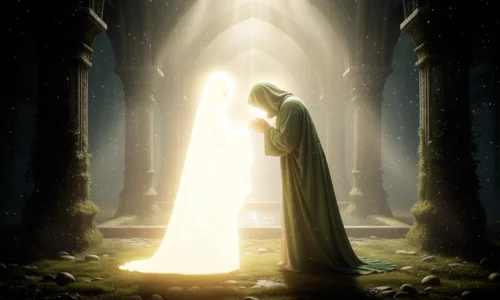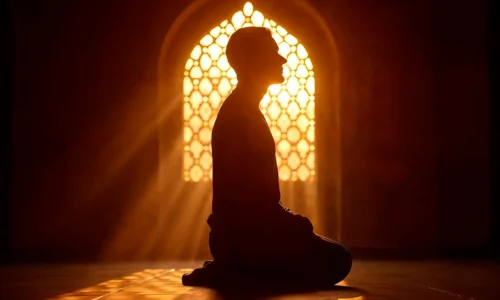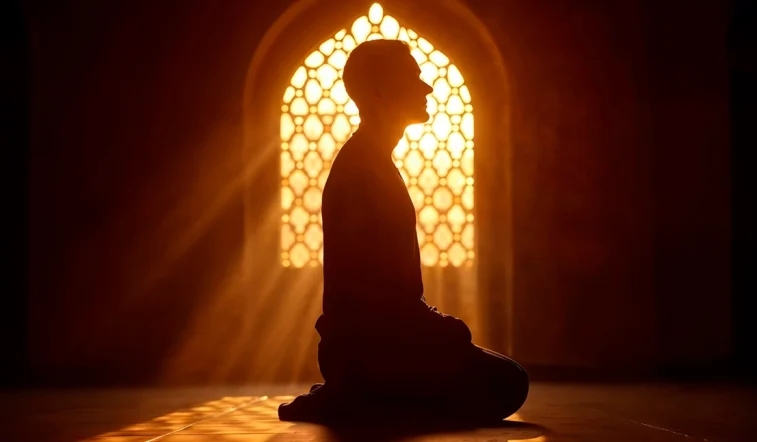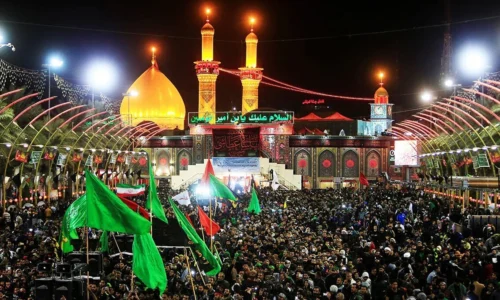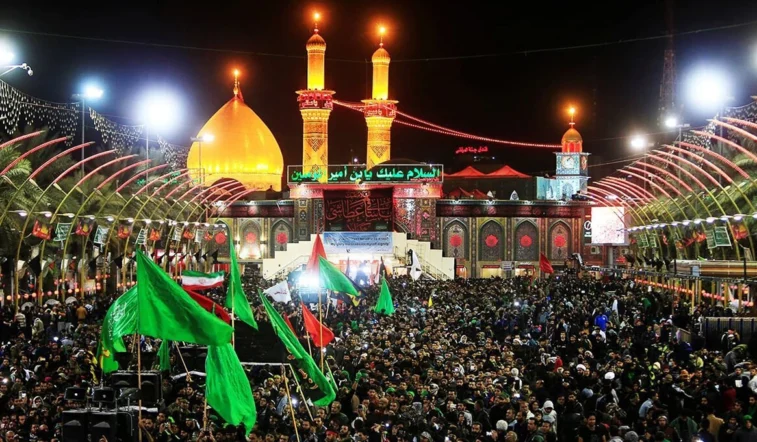Imam Mahdi’s economic policies will be rooted in the Qur’an, the Sunnah of the Prophet (PBUH), and the teachings of the Imams. His government will prioritize the dignity of the human being and the eradication of exploitation and hoarding.
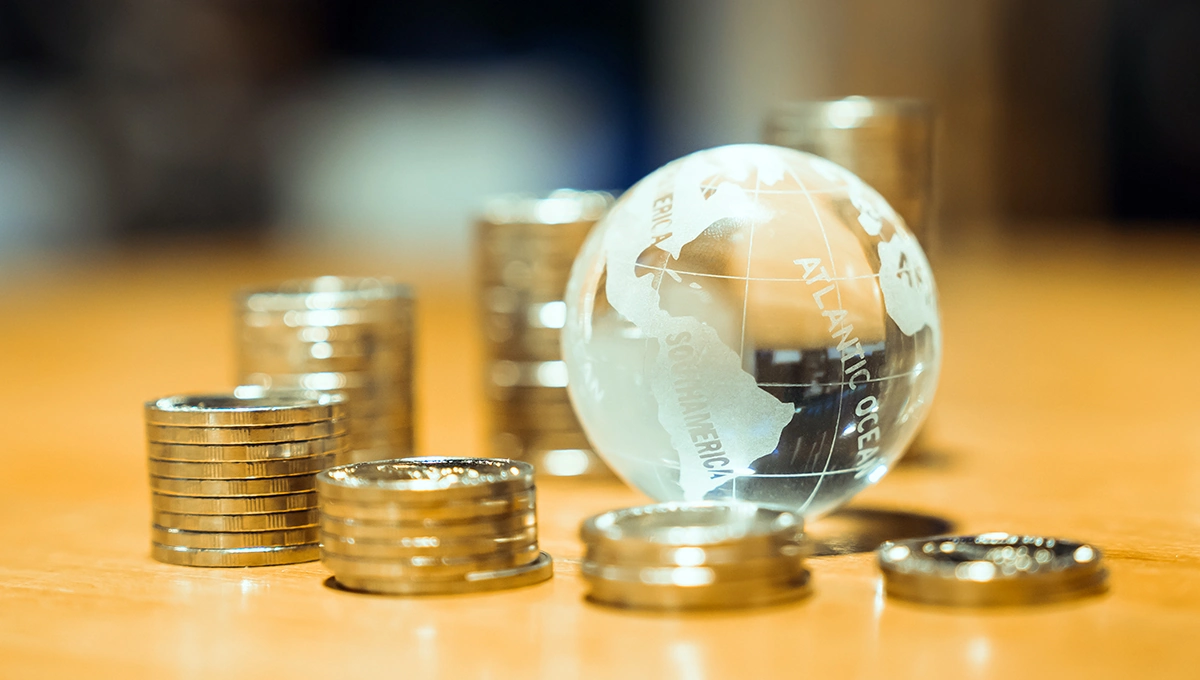
Elimination of Poverty and Hunger
One of the most well-known aspects of his rule is that poverty will be eradicated. The Prophet Muhammad (PBUH) said:
“In the time of the Mahdi, wealth will be distributed so abundantly that no one will be in need of it.”
~Sunan Ibn Majah (Hadith 4085)
Charity will not just be symbolic — it will be systematic. Those who are eligible for aid will be given from the public treasury without humiliation or delay.
Key Features of Imam Mahdi’s Economic System
1. A Just and Transparent Treasury (Bayt al-Mal)
The public wealth (Bayt al-Mal) under the Mahdi’s rule will be protected from theft, corruption, and embezzlement. It will serve all citizens — especially the poor, widows, orphans, and travelers — in accordance with the principles laid out in Islamic law.
Imam Ali (AS) once said:
“If wealth was truly distributed justly, no one would go to sleep hungry.”
Imam Mahdi will fulfill this promise on a global scale.
2. Eradication of Interest and Usury (Riba)
The current global banking system thrives on interest (riba), which is explicitly forbidden in Islam. Imam Mahdi will completely dismantle these systems and replace them with interest-free, risk-sharing, ethical financial models.
This will:
- Prevent debt slavery
- Encourage real productivity
- Support equitable growth
3. Balanced Wealth Distribution
The Mahdi’s system will close the gap between rich and poor — not by forced redistribution, but by divine justice. This includes:
- Heavy discouragement of hoarding
- Empowering small and honest businesses
- Strong systems of zakat, khums, and sadaqah
- Nationalization of stolen public resources (like oil, water, or land)
“He [Mahdi] will give people their rights in full, and wealth will be shared with such fairness that no one will remain needy.”
~Bihar al-Anwar, vol. 52
4. Global Economic Independence
Under his leadership, no nation will economically dominate another. Resources will be distributed based on need and cooperation — not colonialism or exploitation.
- Trade will be fair, not forced.
- There will be no manipulation of currencies.
- National economies will thrive through justice and trust.
5. Public Ownership of Essential Resources
Following the model of Imam Ali (AS), Imam Mahdi’s government will likely return key natural resources — such as water, energy, and land — to public ownership.
This ensures:
- Equal access for all
- Protection from corporate monopolies
- Environmental sustainability
“The people share in three things: water, fire (energy), and pasture.”
~Imam Sadiq (AS)
Spiritual Transformation of Economic Behavior
Beyond policies, the Mahdi’s rule will create a moral shift in how people view wealth. Greed, stinginess, and extravagance will be discouraged. Generosity, modesty, and contentment will flourish.
People will give not out of guilt — but out of love, because the spiritual environment will be one of God-consciousness (taqwa).
The End of Economic Injustice
In the Mahdi’s era:
- No child will go to bed hungry.
- No one will beg in the streets.
- No elite will exploit the labor of the poor.
- No nation will steal the wealth of another.
This is not utopia. This is the promised era of divine governance, when the Earth will return to its rightful order.
“He will fill the Earth with equity and justice, just as it was filled with oppression and injustice.”
~Sunan Abu Dawood
Final Reflection: The Economy of Hope
Today’s world suffers not because of lack of wealth — but because of lack of justice. Imam Mahdi’s economic system will be a revolution not just in policy, but in spirit.
It is not a fantasy, but a divine promise — a return to the economy of truth, equity, and God’s mercy.
Let us prepare ourselves, not just by opposing injustice, but by adopting the ethics of the Mahdi’s economy — honesty in trade, care for the poor, and love of fairness. Because when he comes, he will not just fix our systems — he will awaken our hearts.
